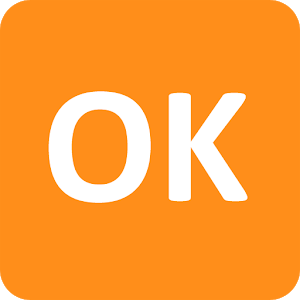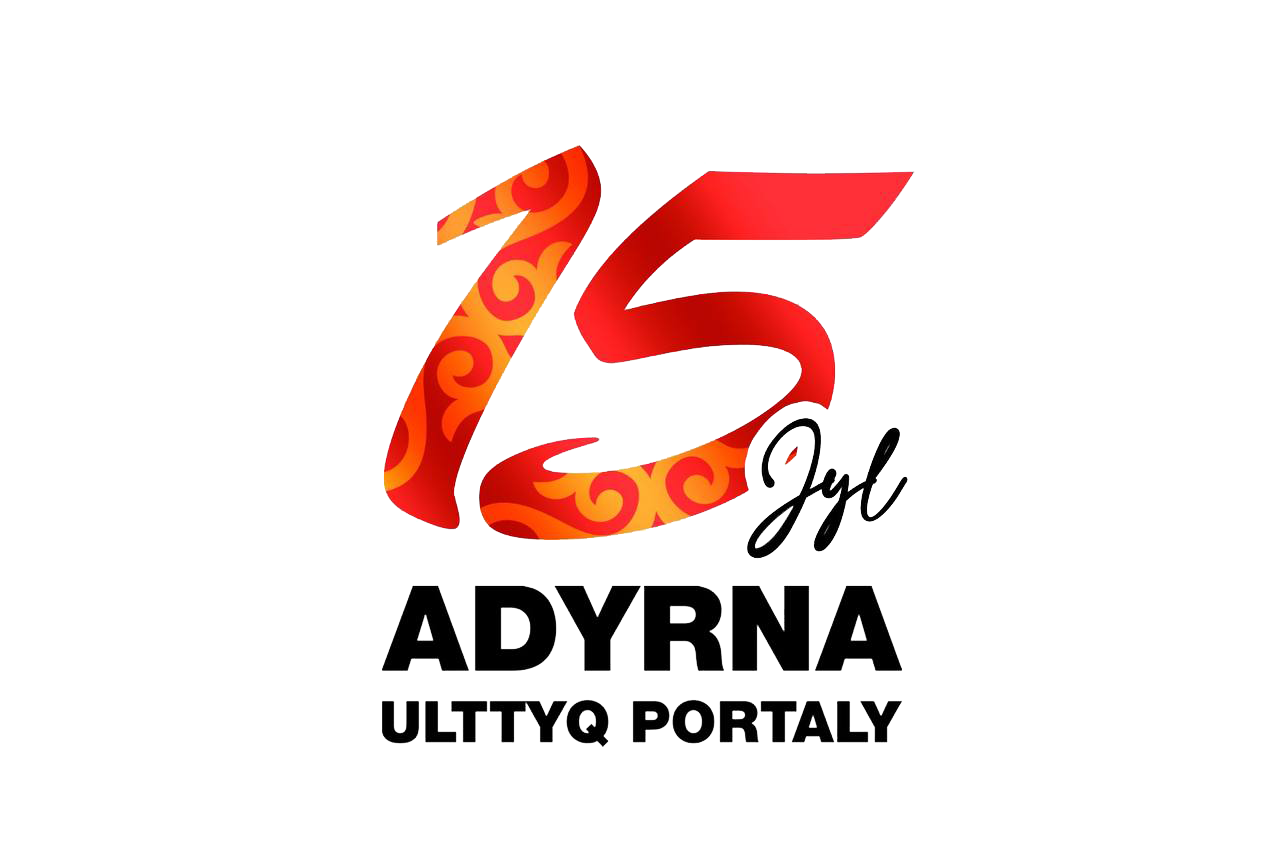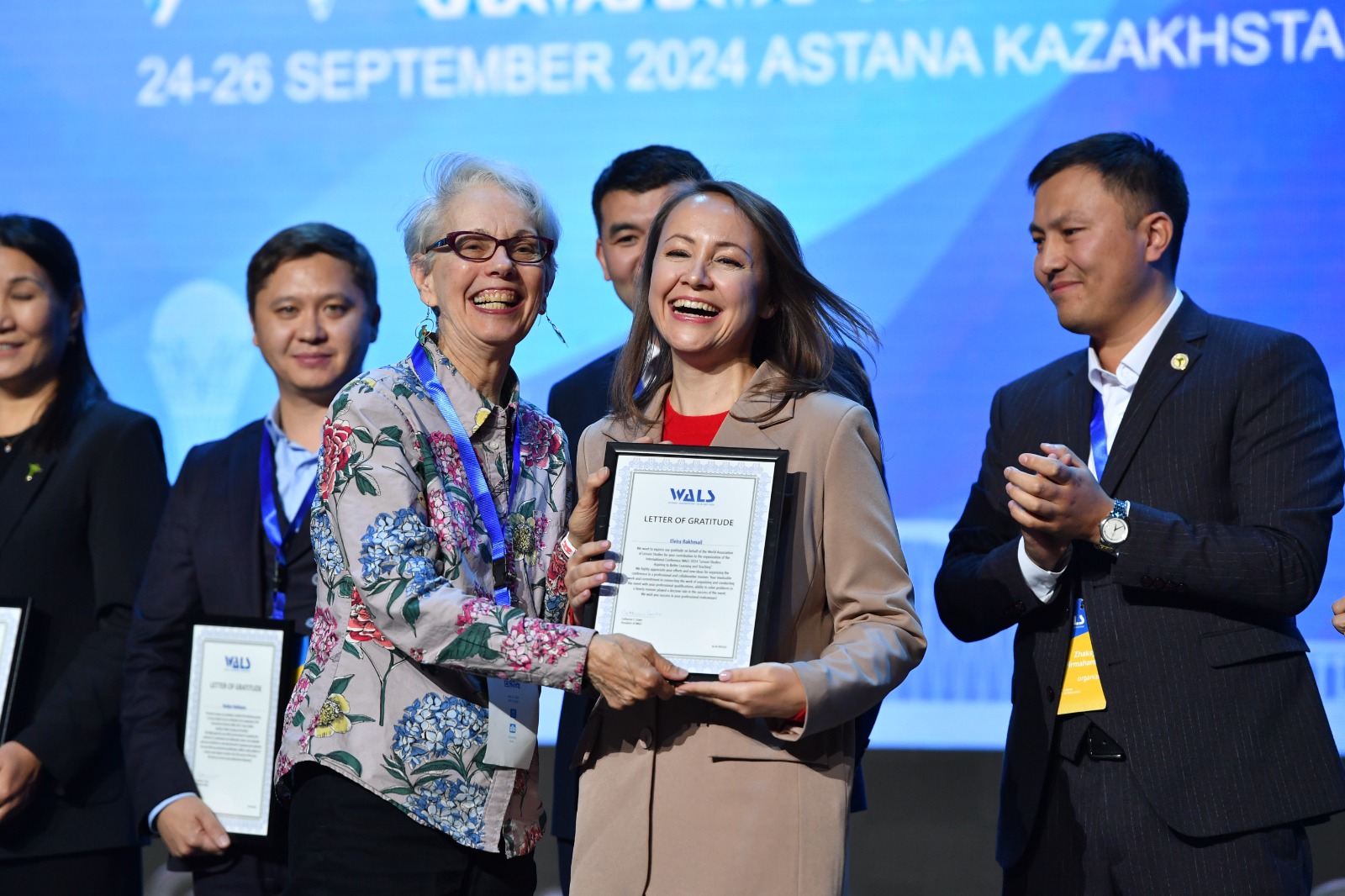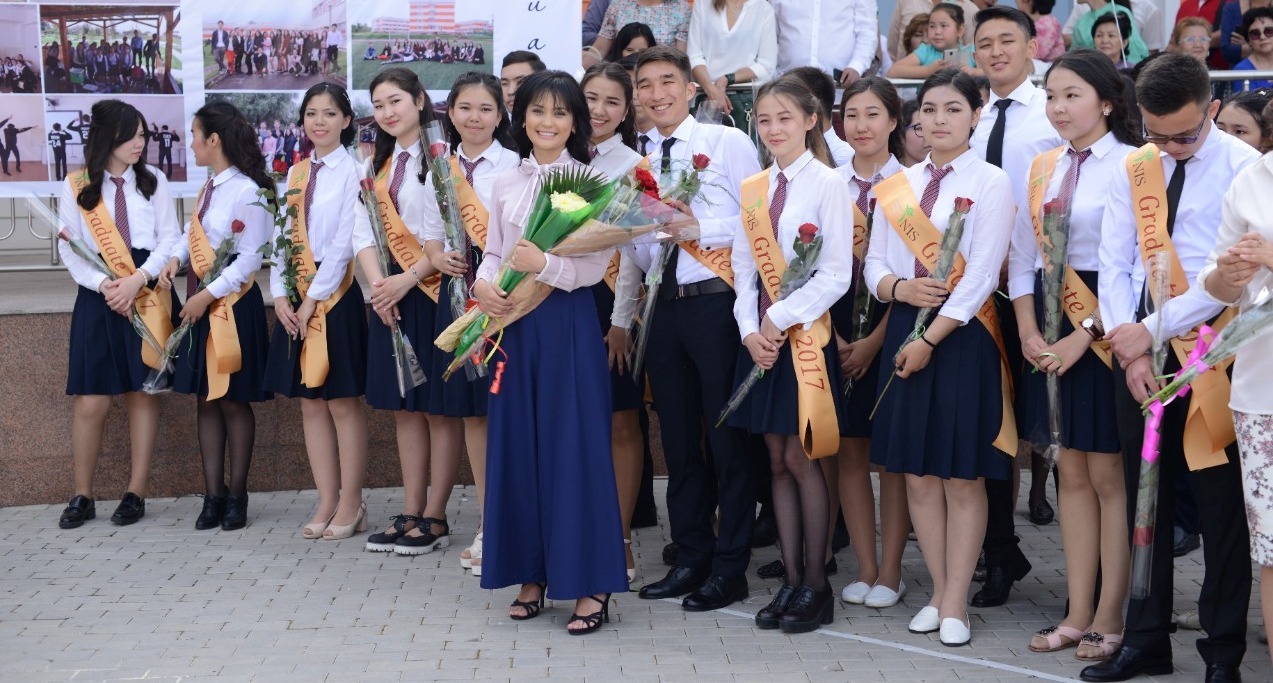This article examined the concepts and essence of educational Internet resources, what criteria teachers should follow when choosing Internet resources, what features of using a foreign language with the help of Internet resources should be considered. Furthermore this work outlines the types of Internet resources that can be used in teaching a foreign language at the present stage of education.
It is difficult to overestimate the importance of educational Internet resources in the modern world, thanks to them people received excellent conditions not only for work, entertainment, but also for teaching and learning foreign languages.
Internet resources play a huge role in teaching English. They allow teachers to more successfully motivate students to learn something new, increase the level of activity in the classroom, and also provide teachers with a wide choice of means and methods for obtaining and processing information in learning activities.Virtue of the difficult situation in the world due to the COVID-19 pandemic (coronavirus), Internet resources are especially relevant at the moment, since many schools in the world have switched to online education. Teachers all over the world use different Internet resources for distance learning, and Kazakhstan is no exception. Educational Internet resources simplify the task for teachers in educating English; they allow you to provide [1]: -Quick access to information; - Self-dependent work in the lesson and at home; - Visualization of the studied material; - Development of communicative skills, bringing them to automatism; - Development of intercultural competence; - The development of self-educational activity; - Learning in collaboration. The use of Internet resources in pedagogical activity enables the teacher to [2]: - present the material more intelligibly, in less time, with greater understanding from the students; - find basic and additional materials for lessons or an elective course; - save time for speech practice; - organize individual, group and frontal work with the class; simplify the monitoring of students' learning activities; - Interest students, increase their motivation, engage in the creative process of learning, and increase the speed and reliability of knowledge. However, using the resources of the Internet for educational purposes, teachers should be able to use and adjust information received from the Internet, improve their skills and devote a lot of time to preparing classes. It should be noted the negative features of the use of Internet resources in a foreign language lesson: - The teacher becomes estranged; - Lack of verbal interaction.
Internet resources in education make it possible to conduct the learning process in a more interesting way, provide the necessary information at the right time, participate in research projects, and are used to connect students with each other and with teachers. However, not all Internet resources are to be trusted, teachers should check all sources to make sure they are correct.Unfortunately, today there are no uniform criteria for the quality of Internet resources. Therefore, all responsibility rests with the teacher, who must organize the search for the necessary sites in advance and make a thorough and complete analysis of them. As mentioned above, at present there are no unified criteria that the material must meet before it can be posted on the Internet, but scientists P.V. Sysoev and M.N. Evstigneev presented their vision of this problem [3]: Using this list when evaluating Internet resources will allow teachers to pay attention to the following: the source of information, the completeness and reliability of information, the novelty of the material, information and cultural value, alternative sources (including print), multimedia features, website design, traffic, etc. All this will help teachers evaluate the quality of the information found and select reliable resources for training. 1. Hotlist (List of topics) - is a list of useful sites from the Internet and is especially relevant when working with text material on a specific topic and problem [4]. The hotlist, in addition to educational use, is a type of geo-social networks aggregate that allows users to coordinate plans with friends and find out what will happen in millions of popular places around the world. Steps to creating a hotlist: -It is important to find out how quickly and easily you can create a web page, therefore, you need to determine the topic being studied; - You need to start by selecting sites that you would like to use with your students; - Limit the time you spend to find relevant sites on the topic; - Remember, to add sites that you find interesting or just want to use in the future, you need to save information correctly. 2. Multimedia scrapbook appears in the form of a multimedia resource system, where, in addition to links to text sites, there is also a large number of multimedia materials, including tables, photographs, audio files and video clips, graphic information, animated virtual tours [5]. These files can be easily downloaded by both teachers and students, used as visual demonstration material when studying a specific topic. 3. Treasure hunt is largely similar to the above types of educational Internet resources, but its main difference from the hotlist and multimedia scrapbook is that it provides not only useful links to various topics, but also questions relating to the content of these sites. [6]. 4. Subject sampler- the point of using this type of educational Internet resource is to encourage students to answer the questions presented on the topics studied. If the treasure hunt was aimed at studying the actual material, then the subject sampler is debatable in nature and is aimed specifically at communication. Activities are similar to treasure hunt, except that students respond to questions subjectively. Students try to interpret information, develop perspectives and evaluate their findings on their own. 5. Web quest- project activity has its own specifics and is possible only at the intermediate and advanced stage of teaching foreign languages. Web quest is a reference-oriented lesson format in which almost all the information with which students work is taken and analyzed from the Internet. In my opinion, the use of Internet resources in an English lesson is relevant today, as the teacher should be interesting for his students, keep up with the times, and improve his pedagogical skills. In order to prove the effectiveness of using Internet resources in English lessons, I will give you a few examples from the lessons that I conducted in secondary school № 115, grade 9, using Internet resources. Lesson title: Oscar Wilde. Canterville ghost. Before moving on to the main part of the lesson, it is necessary to conduct warm-up activities. Teachers quite often encounter such a problem as creating engagement activities. When the teacher sets the same activities for students, they get bored so I provide you with a site: www.toolsforeducators.com . Using this site, you can not only calmly choose the activities you need, but also create different exercises yourself on the topic of your lesson. As a warm-up activity, I chose the game: “Word Search”. To create an exercise, go to the section called “Word Search”. Choose a category: create yourself. Next, type the words that the students have to find. If you teach in elementary school, you can use pictures. For example: Ghost, Canterville, story, poet, playwright, Dublin. Students find keywords and guess the topic of the upcoming lesson. The next step is reading the text. For this stage I used a site no less useful: www.storylineonline.net . This site provides the opportunity to listen to stories voiced by famous actors, which motivates students to listen to the text with great interest. It is also suitable as a pre-reading stage, using this method, students will improve not only reading, but also listening skills. During the lesson, you can turn on the video, as texts on this site are not only voiced, but also accompanied by animation. To practice the grammar of the topics covered, I advise you to use the site: www.onestopenglish.com . This site is regularly updated, which makes it possible to use the latest developments for teaching English in such areas as business English. English for special purposes, preparation for international exams, early learning of English, grammar and vocabulary. Section Staff Room contains guidelines and development lessons of leading methodologists in the field of teaching English. Interactive games, music videos, audio materials and demo cards - all of the above and other materials you can download from the site and use in lessons. Summarizing, it goes without saying that Internet resources provide great assistance in learning foreign languages. It should be noted that it is impossible to imagine a modern school without information technology. The use of Internet resources is not a guarantee of the high quality of education, but plays the role of a "tool" that, together with modern teaching technologies, should improve, personify and rebuild the education system in a new way. Thus, Internet resources contribute to the development of self-educational activity aimed at the development of new experiences.
Ainura KOBZHANOVA,
Danat ZHANATAEV,
Master degree, student,
Al-Farabi Kazakh National University
Almaty, Kazakhstan
References: 1. Макаревич И.Г. Использование Интернет на уроке иностранных языков // Иностранные языки в школе. – 2001. - №5. – С. 40-43. 2. Фёдорова Г.И. Компьютеры и Интернет в обучении иностранному языку // Учитель. – 2003. - №1. – С. 65-67. 3.Сысоев П.В., Евстигнеев М.Н. Методика обучения иностранному языку с использованием новых информационно-коммуникационных Интернет-технологий. М.:Глосса-пресс; Ростов н/Д : Феникс, 2010.-С. 45 4. Полат Е.С. Использование ресурсов Интернет в обучении иностранным Языкам // E-learning World. – 2005. - №2 (8). – С. 98. 5. Нисилевич А. Б. Стрижова Е. В. Харитонова О. В. Каменева Н. А. Another Approach to Education (on Alternative Methods of Foreign Language Teaching and Learning) // Филологические науки. Вопросы теории и практики. Тамбов: Грамота, 2013. № 8. Ч. 1. С. 127-130. 6. Соколова Э. Я. Анализ потенциала интернет ресурсов в обучении иностранному языку // международный журнал прикладных и фундаментальных исследований. - 2015. - № 5-4. - С. 607610. - URL: https://appliedresearch.ru/ru/article/view?Id=7179. 7. www.toolsforeducators.com 8. www.storylineonline.net 9. www.onestopenglish.comНовости по теме























